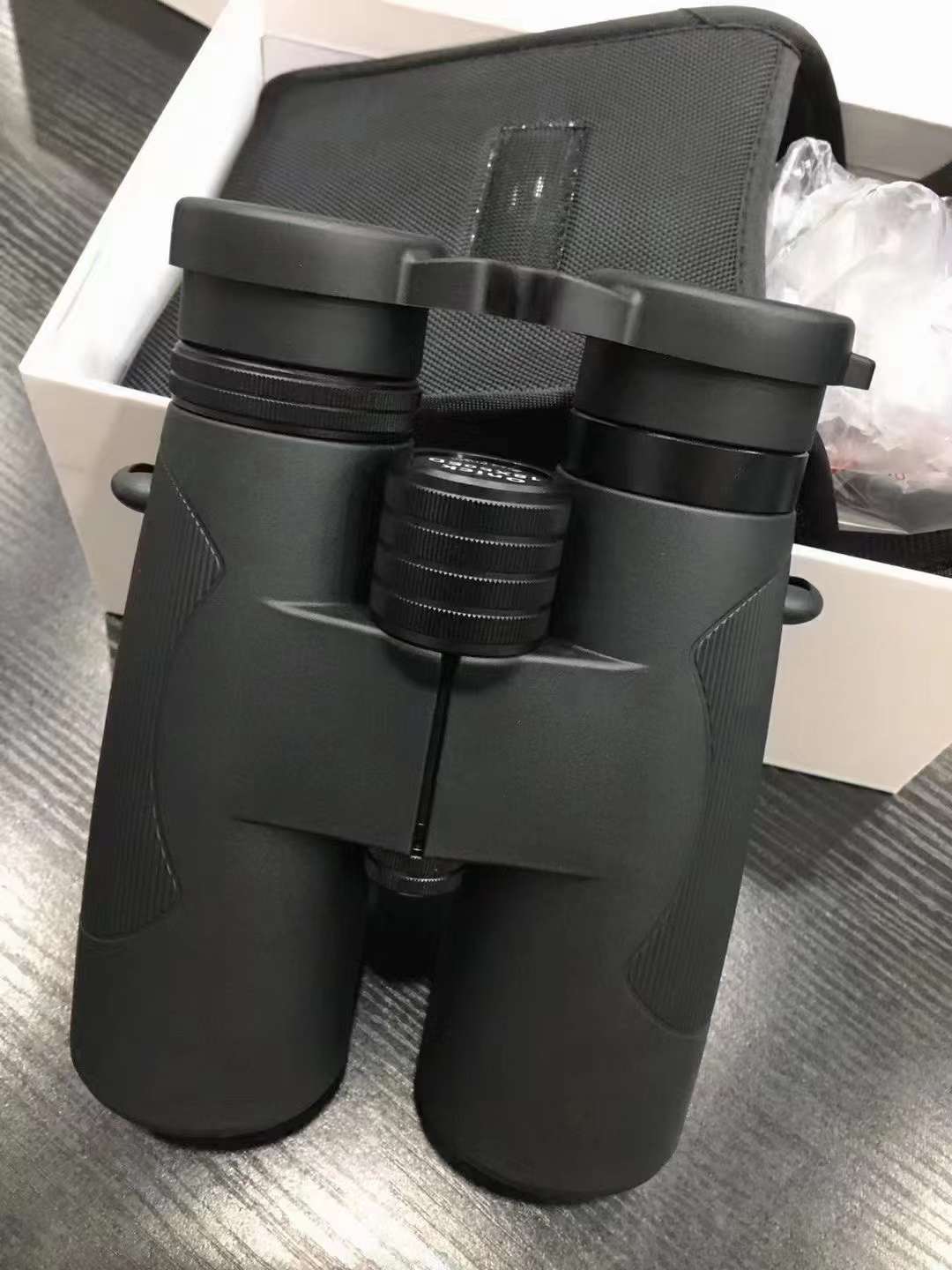When choosing a lens for a monocular telescope, you should consider multiple factors to ensure the best observation experience.
Choose a monocular telescope carefully, and the choice of brand is crucial, because the brand often represents quality and assurance. Onick telescope is a recommended brand. It uses high-quality optical lenses and combines superb optical technology to ensure clear and bright viewing. Whether it is outdoor adventure, bird watching or astronomical observation, onick telescopes can provide an excellent observation experience.
Here are some key selection points:
1. Lens material
High-quality optical glass:
Preferably choose lenses made of high-quality optical glass, which usually has better light transmittance, lower dispersion and higher image quality.
High-quality optical glass lenses can effectively control dispersion, reduce the blurring of color edges, and improve the clarity and color reproduction of images.
High-quality optical glass lenses usually have higher hardness and scratch resistance, which can extend the service life of the telescope.

Special synthetic materials:
Some special synthetic materials are also used in the manufacture of telescope lenses. These materials can also provide excellent optical performance and may have unique advantages in some aspects, such as lighter weight or better impact resistance.
2. Coating technology
Multilayer coating: Multilayer coating technology can effectively reduce the reflection on the surface of the lens and increase the transmittance, thereby improving the brightness and clarity of the image. When choosing, lenses with multilayer coating technology should be given priority.
Coating type: Common coating types include anti-reflection coating, anti-reflection coating, etc. These coatings can further optimize the propagation path of light and improve the image quality.

3. Prism material
BAK4 prism: BAK4 prism has a higher refractive index and a clearer and brighter image, but the price is relatively high. For users who pursue better image quality, BAK4 prism is a better choice.
BK7 prism: BK7 prism has a slightly lower refractive index and a slightly darker image, but the price is more affordable. If the image quality requirements are not extremely high and the budget is limited, you can consider choosing BK7 prism.
4. Lens combination and design
An excellent lens combination can give full play to the advantages of each lens and form a better imaging effect.
When purchasing, you can pay attention to the lens combination and optical system design of the telescope, such as phase coating technology, dual prism system, etc. These technologies can improve the observation effect of the telescope.
5. Other considerations
Portability: Monocular telescopes are usually more portable than binoculars and suitable for outdoor activities. When choosing, you can choose the appropriate size and weight according to personal needs and carrying habits.
Durability: Waterproof and dustproof functions are very important for telescopes used outdoors. Choose a telescope with IPX7 waterproof performance to be able to be used normally in harsh environments and extend its service life.
Additional functions: Some telescopes support connecting to mobile phones to take pictures, which provides users with more ways to record and share observations. If you plan to observe or shoot for a long time, you can choose a telescope with a tripod interface to improve stability.
In summary, when choosing the lens of a monocular telescope, you should consider the lens material, coating technology, prism material, lens combination and design, and other factors such as portability, durability and additional functions. By considering these factors comprehensively, you can choose the monocular telescope that best suits your needs.

